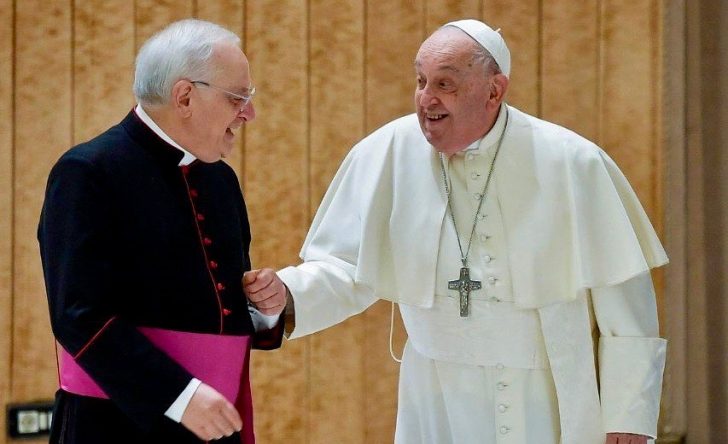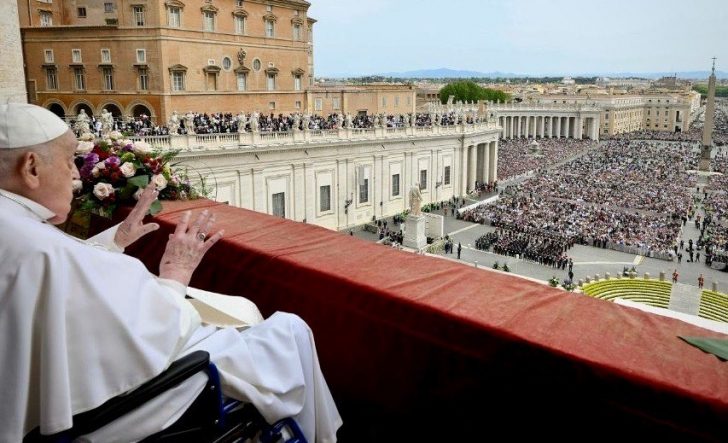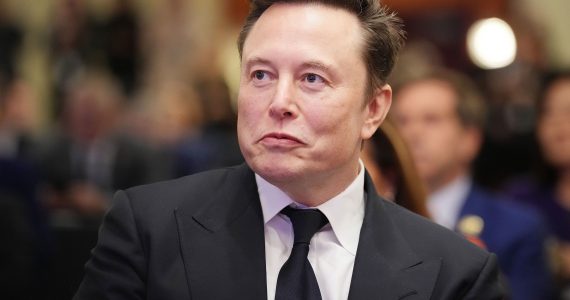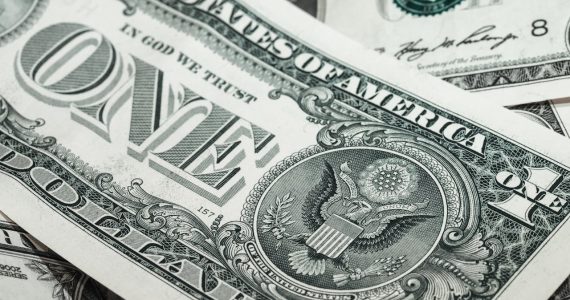The world was shaken when Pope Francis passed away on Easter Monday, April 21, 2025, at the age of 88. His death marks the end of an era that saw groundbreaking reforms within the Vatican, including overhauling its financial system.
But as the Church now looks to find a successor, there is more at stake than theological divisions. The new pope will inherit a Vatican facing a financial crisis.
Pope Francis made significant strides in transforming the Vatican’s finances, yet his reforms left the Church’s coffers in a precarious state. The Vatican Bank, once a scandal-plagued institution, has been cleaned up, but it is still far from thriving. As the world’s eyes turn to the upcoming Papal Conclave, the Church will have to decide who is up to the task of stabilizing its financial future. This challenge could overshadow any doctrinal debate.
Pope Francis’ Reforms and the Financial Mess He Leaves Behind
When Pope Francis took office in 2013, the Vatican’s financial system was a mess. The Vatican Bank was embroiled in scandal after scandal, with ties to money laundering, shady investments, and allegations of ties to the Nazis. But Francis didn’t shy away from the problem.

Despite the positive changes he made, including bringing in outside auditors like PricewaterhouseCoopers and restructuring the Vatican Bank, Pope Francis’ reforms came with a heavy price. His efforts were successful in increasing transparency, but also exposed the vast holes in the Vatican’s financial structure.
The once-hidden assets of the Vatican were laid bare, revealing a depleted treasury that faced mounting debts. Pope Francis had made the Church’s finances cleaner, but that didn’t mean they were any richer.
The Key Financial Challenge for the New Pontiff
With Pope Francis gone, the task of rebuilding the Vatican’s finances now falls on his successor. The Vatican’s financial position is far from stable, and the next Pope will need to navigate a complex landscape. The Vatican relies on income from tourism, investments, and property holdings, but these revenue sources are not as strong as they once were.
The Church also faces the challenge of maintaining its vast real estate portfolio. Something that includes historic properties worth billions but is hard to monetize.
The next pope must find a way to boost income without compromising the Church’s core mission. This will likely involve further restructuring, cutting costs, and looking for new sources of revenue. The Vatican Bank, once a source of scandal, has been cleaned up but remains underutilized.

The Upcoming Papal Conclave
Choosing the next Pope is not just a matter of selecting a spiritual leader. It’s about finding someone capable of steering the Vatican through turbulent financial waters. The upcoming Papal Conclave, where cardinals will gather to select a successor, is likely to see heated debates about who can best manage the Church’s financial future.
There is a growing belief that the next Pope must have the skills of a top-tier CEO. The Church’s financial system is vast and complex, and managing it requires expertise that goes beyond theological knowledge. As one Vatican expert put it years ago, they need someone who is “Jesus Christ with an MBA.”
The next Pope must be able to navigate these financial challenges, ensuring the Church remains financially viable while also addressing spiritual needs.
The new pontiff must ensure that the Vatican’s financial dealings remain transparent and above board. At the same time, he should ensure that the Church can support its operations worldwide.




